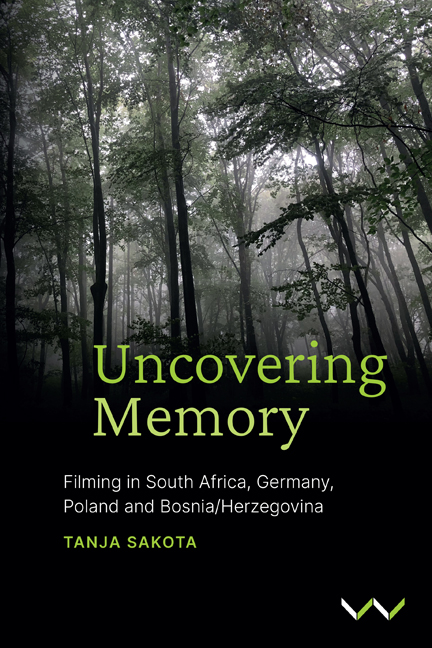Book contents
- Frontmatter
- Dedication
- Contents
- List of Images
- Foreword
- Acknowledgements
- Map of Africa and Europe
- Practice-Based Research, Teaching and Learning
- Part I Working With Students: Cape Town, Johannesburg, Berlin
- Part II Working With Peers: Constitution Hill, Johannesburg
- Part III Working With Myself: Poland, Germany, Bosnia/Herzegovina, South Africa
- Moving Forward
- Film Credits
- Glossary of Terms
- Notes
- Bibliography
- Index
Chapter 6 - Decolonising the curriculum
Published online by Cambridge University Press: 24 November 2023
- Frontmatter
- Dedication
- Contents
- List of Images
- Foreword
- Acknowledgements
- Map of Africa and Europe
- Practice-Based Research, Teaching and Learning
- Part I Working With Students: Cape Town, Johannesburg, Berlin
- Part II Working With Peers: Constitution Hill, Johannesburg
- Part III Working With Myself: Poland, Germany, Bosnia/Herzegovina, South Africa
- Moving Forward
- Film Credits
- Glossary of Terms
- Notes
- Bibliography
- Index
Summary
Over the last 10 years, South Africa has embraced two remarkable discoveries: Australopithecus sediba (unveiled in 2010) and Homo naledi (unveiled in 2015). These two findings provide us with a window into our ancestral past as well as informing us about a time we cannot remember. The discoveries of these hominids were greeted enthusiastically on one level due to very well-marketed media announcements but on another because the discoveries helped to boost the narrative that the first human-like beings came from Africa. The bones and fossils all tell us something about the past and provide a passage to an unknown time. History provides another way of accessing the past. It is usually associated with fact but no one needs to argue the subjectivity of history, which is essentially the official record and, as time moves on, history becomes amalgamated with other agencies of memory. To write one's interpretation and understanding of history, one must rely not only on the memories of events but, more importantly, how they have been incorporated into society, whether through testimonials, articles, memorials, interviews or films. South Africa is a young democracy and her history and the understanding of her past have shaped the dynamics and interactions among her people. It is a topic that emerges frequently with students during discussions, lectures and seminars. South African students are also dependent on their recollection of history from high school education and the textbook's rendition of South Africa's history, so their engagement with the past allows for rigorous debate.
The 2015 student protest and movement changed the symbolic fabric of monuments and their memories because having a statue of Cecil John Rhodes outside a public university 21 years into democracy became intolerable. The memory of this man and what he represented in the present evoked great rage. What Rhodes signified evoked a deep sense of dissent towards the colonial past because poverty and the legacy of colonialism were still so apparent. The reaction to Rhodes demonstrated how triggers of memory function at different levels. Pre-2015 Rhodes stood in memory of Rhodes as a successful coloniser but in 2015 this memory triggered another memory, that of the violence that was associated with colonisation and the colonial past. It became increasingly clear that the monument was and is not just a stone figure of a man who lived in a different era.
- Type
- Chapter
- Information
- Uncovering MemoryFilming in South Africa, Germany, Poland and Bosnia/Herzegovina, pp. 57 - 62Publisher: Wits University PressPrint publication year: 2023



